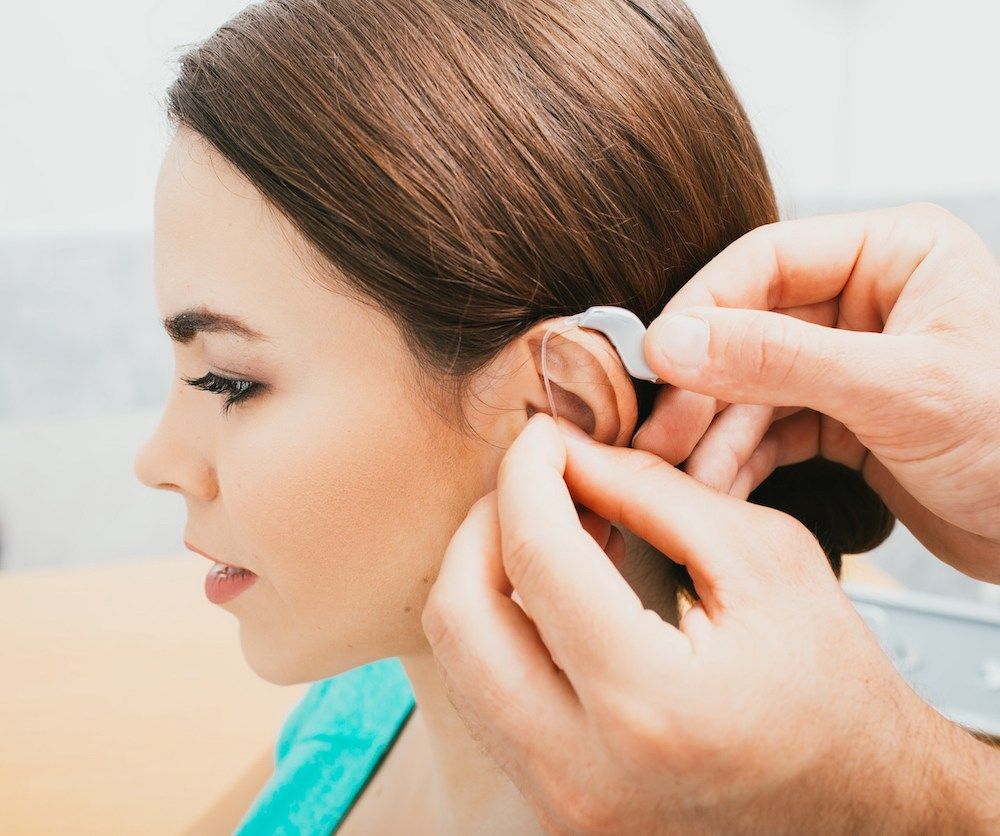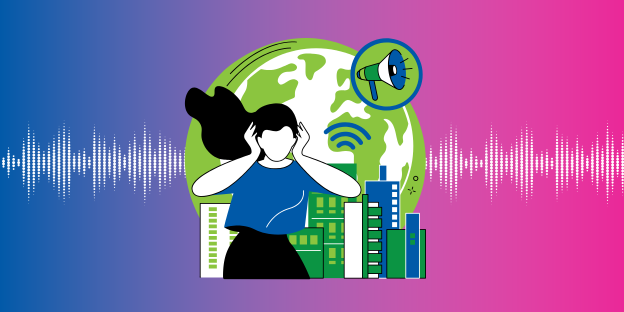Preparing for the Canada Hearing Aid Tax Credit Change in 2026
Preparing for the Canada Hearing Aid Tax Credit Change in 2026
Major updates to the Canada Medical Expense Tax Credit (METC) are expected in 2026, with hearing aidsand related expenses likely to receive more generous treatment. For Canadians who rely on or are considering hearing aids, this change could significantly affect how and when to make purchases. Understanding the current rules and what may change will help you plan ahead.
Current Rules for Hearing Aid Expenses

Right now, hearing aids are considered eligible medical expenses under the federal METC. The credit is non-refundable, meaning it only reduces the tax you owe rather than generating a refund. You can claim the cost of hearing aids, fittings, batteries, and repairs if they are prescribed by an authorized audiologist or other medical practitioner.
The amount you can claim is limited. Only expenses that exceed the lesser of three percent of your net income or a fixed annual threshold qualify for the credit. For the 2024 tax year, that fixed amount is $2,759. This means that smaller hearing aid purchases may not trigger any benefit if they fall below the threshold.
Medical receipts and professional certification are essential. The CRA requires detailed proof of purchase, and in most provinces only licensed audiologists are recognized as authorized practitioners for hearing care. If you and your spouse share medical expenses, it often makes sense for the lower-income spouse to claim them, since the threshold is based on income.
Some Canadians with profound hearing loss may also qualify for the Disability Tax Credit. If approved, this credit can provide additional financial support beyond the standard METC claim.
Anticipated Changes in 2026
The government has indicated that the current rules for medical expenses will be reformed in 2026. Although the exact details have not been finalized, early signals suggest that hearing aids will receive expanded coverage. The reforms may introduce a set percentage reimbursement, such as 25 percent of eligible expenses up to a maximum cap, making the benefit easier to calculate.
At the same time, Canadians should be prepared for stricter documentation requirements. Purchases may need to come from recognized suppliers, and accessories or warranties might only be eligible if they are clearly listed on receipts. Importantly, these changes are not expected to apply retroactively. Expenses incurred before the effective date will likely remain under the current, less generous system.
How to Prepare Before 2026

If you are planning to replace or purchase new hearing aids, the timing of your investment will matter. In some cases, waiting until 2026 could provide a larger financial benefit. For others with urgent needs, delaying may not be realistic.
To make the most of the transition, consider the following steps:
● Review your current hearing needs and decide whether a replacement can wait until 2026.
● Speak with your audiologist about receipts, warranties, and whether payment timing can be adjusted to align with the new rules.
● Keep all receipts and certifications in an organized file, both in paper and digital form.
● Check for provincial or territorial programs that may already help cover hearing aids, as these could combine with federal credits.
● Consult a tax professional before making major purchases, especially if your costs are significant.
Practical Scenarios
These examples show how the new rules might affect Canadians differently:
● A person in Alberta planning a $6,000 hearing aid replacement in 2026 could receive a much higher credit than if they made the same purchase in 2025.
● Someone who needs batteries or repairs might hold off until after the new rules apply, allowing even smaller expenses to qualify.
Considerations

The current tax credit system provides limited relief for hearing aid expenses. While hearing aids are eligible, the threshold requirements mean that not all Canadians see a benefit. The reforms planned for 2026 are expected to make these expenses more affordable, but only for purchases made once the new rules are in effect.
Planning ahead, keeping proper documentation, and consulting professionals will help you maximize your financial benefit. For many Canadians, the smartest move may be to time hearing aid purchases or upgrades for 2026 rather than rushing them in 2025.
Are you thinking about new hearing aids or upgrades?
Contact Discover Hearing to make an appointment with our registered audiologist and hearing aid specialists. We can assess your hearing aid requirements and ensure that your hearing needs are met without delay.










